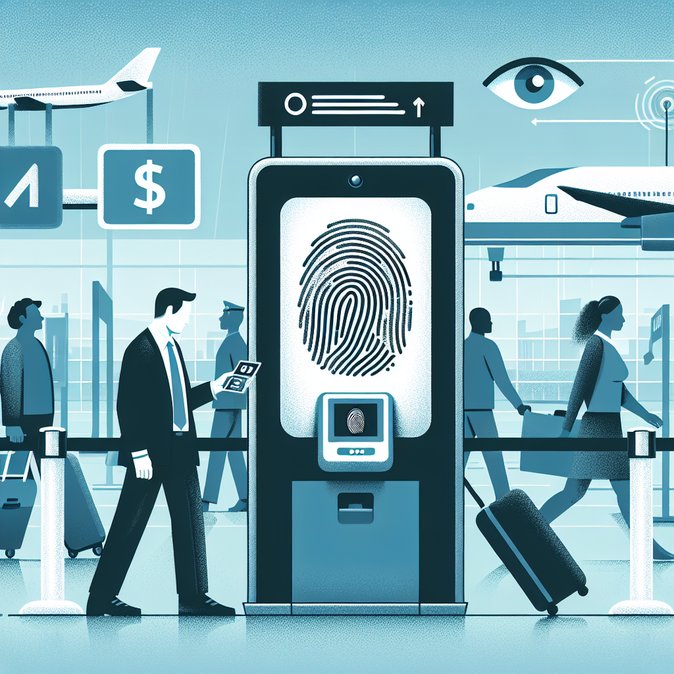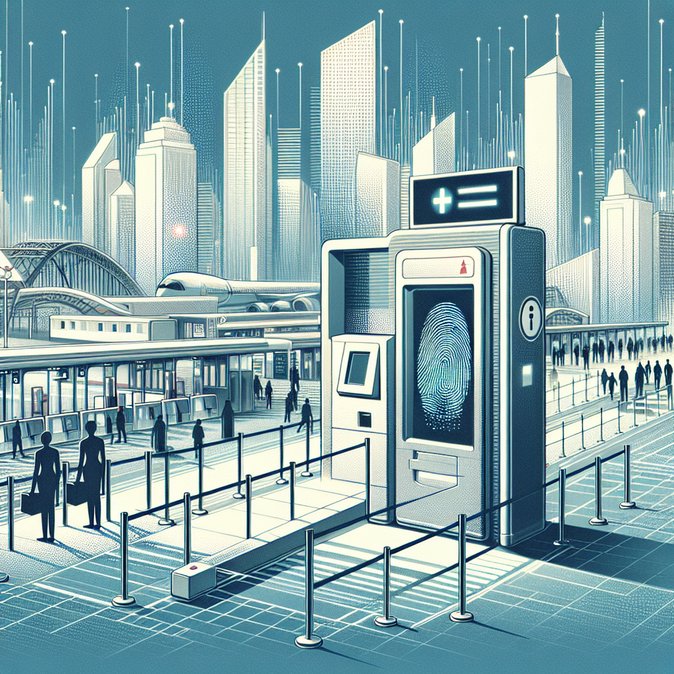
Running late for a flight and forgot your Real ID-compliant license? The Transportation Security Administration has a plan—provided you are willing to pay. A notice filed in the Federal Register proposes an $18 fee that would let travelers without acceptable physical identification verify their identity by submitting biographical data and a live facial-recognition scan at a TSA kiosk. The fee would cover unlimited use for ten consecutive days, effectively a round-trip grace period.
TSA argues that the current manual alternative—agents phoning a call-center to validate a traveler’s personal history—is costly and slows checkpoint throughput. The biometric-assisted system, slated for rollout no earlier than January 2026, would automate that vetting and allow the agency to “substantially expand” service to more airports without adding staff.
![TSA Floats $18 “Forgot-My-ID” Fee and Biometric Check for Real ID Stragglers]()
For business-travel managers, the proposal is a mixed bag. On the one hand, it offers a predictable fallback that could rescue last-minute trips. On the other, it introduces a new per-passenger cost at precisely the moment corporations are wrestling with higher airline fares and tighter travel budgets. Companies may wish to revise travel-policy language to clarify whether the fee is reimbursable and remind employees that carrying approved ID remains mandatory.
Privacy advocates are already pushing back. Unlike TSA PreCheck, participation in the Real ID alternative would be mandatory for those without compliant ID, and the database would include sensitive biometric information. TSA says data will be encrypted and deleted after identity verification, but civil-liberties groups want independent audits written into the final rule.
The notice is open for public comment until late December. If the fee survives the rule-making process, expect airlines and corporate-travel platforms to update check-in reminders and mobile-app alerts so travelers know the cost of leaving their wallets at home.
TSA argues that the current manual alternative—agents phoning a call-center to validate a traveler’s personal history—is costly and slows checkpoint throughput. The biometric-assisted system, slated for rollout no earlier than January 2026, would automate that vetting and allow the agency to “substantially expand” service to more airports without adding staff.

For business-travel managers, the proposal is a mixed bag. On the one hand, it offers a predictable fallback that could rescue last-minute trips. On the other, it introduces a new per-passenger cost at precisely the moment corporations are wrestling with higher airline fares and tighter travel budgets. Companies may wish to revise travel-policy language to clarify whether the fee is reimbursable and remind employees that carrying approved ID remains mandatory.
Privacy advocates are already pushing back. Unlike TSA PreCheck, participation in the Real ID alternative would be mandatory for those without compliant ID, and the database would include sensitive biometric information. TSA says data will be encrypted and deleted after identity verification, but civil-liberties groups want independent audits written into the final rule.
The notice is open for public comment until late December. If the fee survives the rule-making process, expect airlines and corporate-travel platforms to update check-in reminders and mobile-app alerts so travelers know the cost of leaving their wallets at home.


